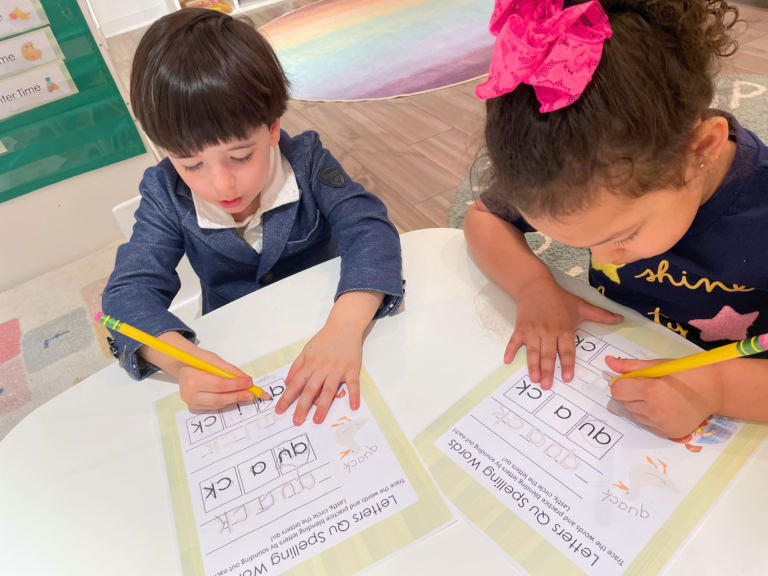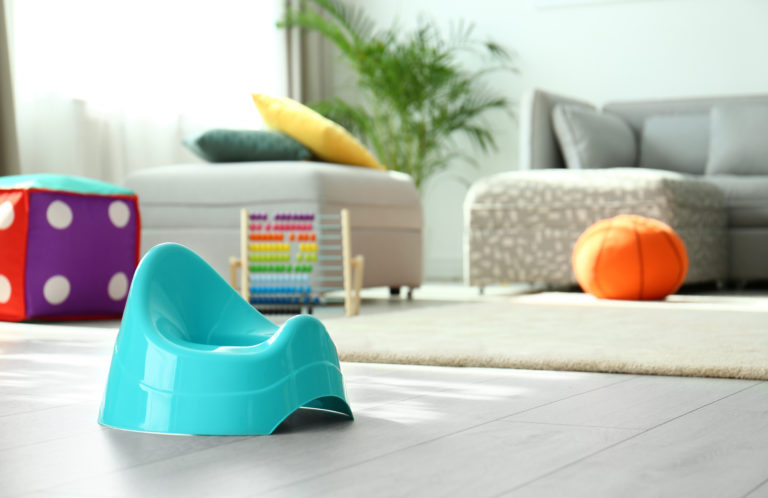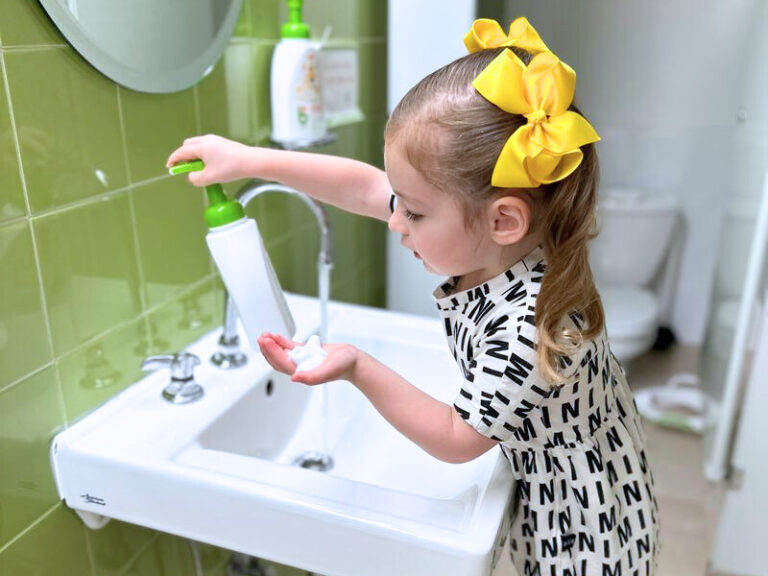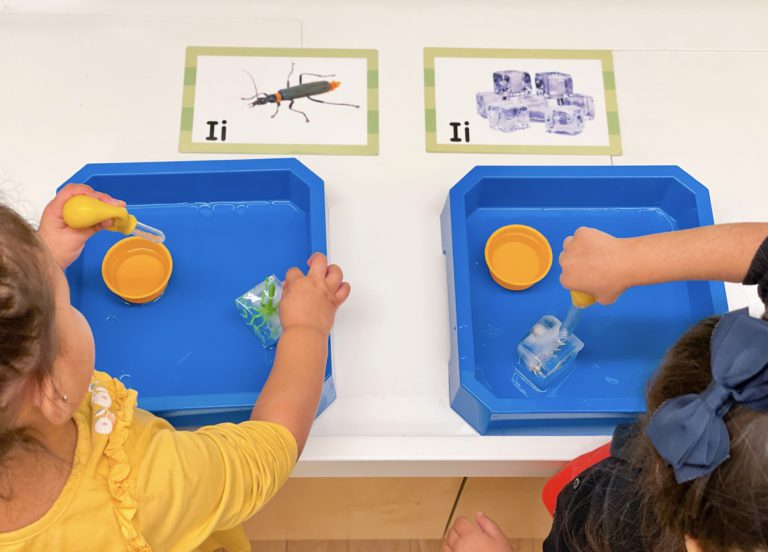Phonemic Awareness Activities
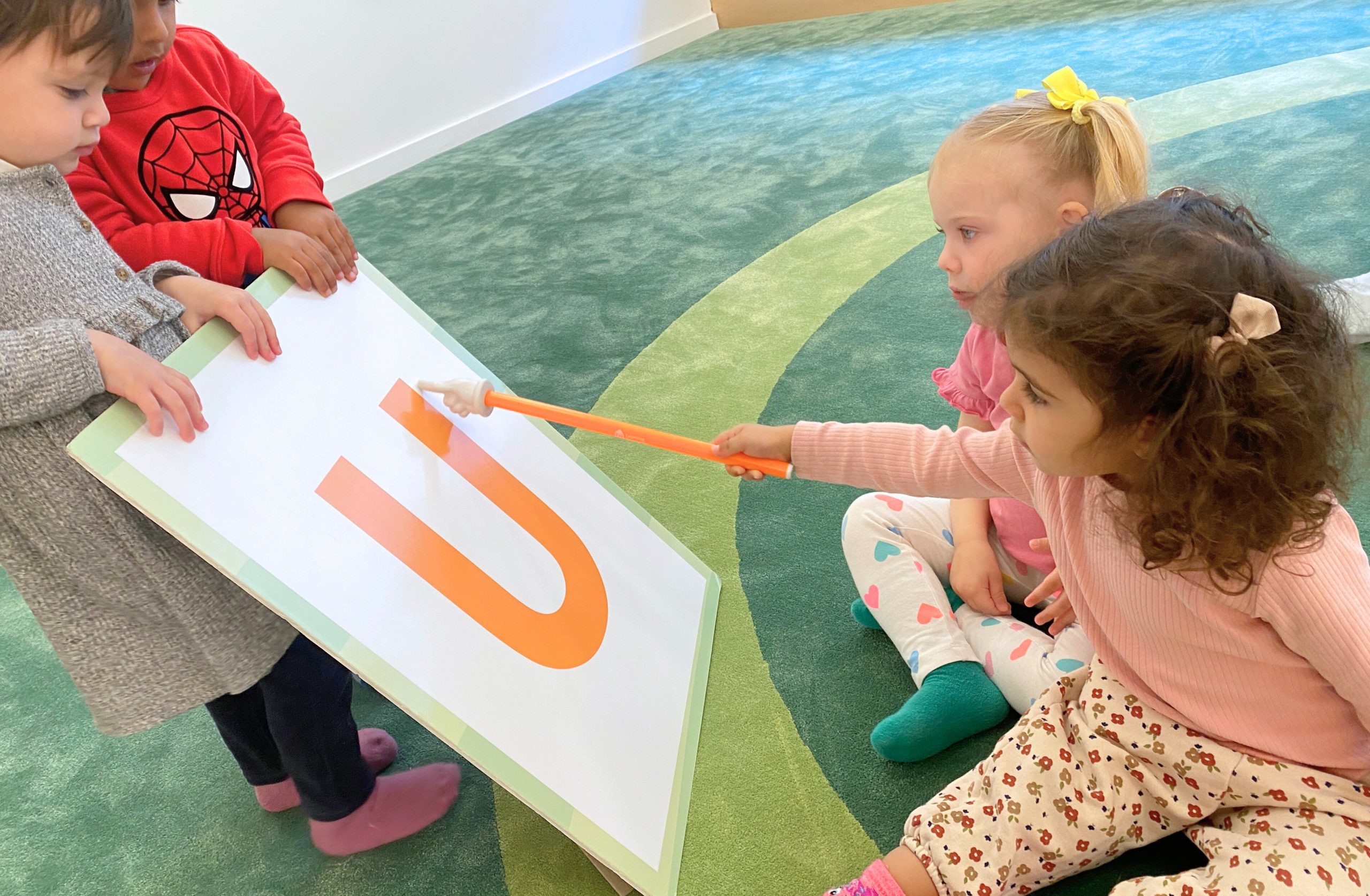
As your little one learns their ABC’s and 123’s, they are building the foundation from which their reading and writing skills will soon grow. Along with recognizing the letters in the alphabet, knowing the sounds of those letters – known as “phonemes” – is just as important. At Playgarden Prep, our daily review of the alphabet includes a sing-through of the phonetic ABC’s, where we sing the sound the letters make in place of the name of that letter. This practice builds familiarity with phonetics and helps little ones establish the relationship between letters and phonemes.
When your little one starts to read, breaking down words to their smallest sounds in order to “sound it out” is one of the best tools to have; this “sounding out” refers to phonemic awareness. When words get longer and more challenging, they can always go back to the phonemes to break it down and work it out for themselves. Below you will find some preschool activities to practice phonemic awareness with your preschooler.
Phonetic ABC’s and Letter of the Week:
As mentioned above, the phonetic ABC’s is a staple in Playgarden’s morning dailies. Each week, we introduce and review one letter from the alphabet. We practice singing the phonetic sound of that letter to the tune of Twinkle Twinkle Little Star. This encourages little ones to practice making the sound of that letter, which helps in speech development and letter recognition. Another song we use helps pair the letter with the sound.
For example:
Let’s learn the letter S
The letter S says Sss
Sss, Sss, Sss, S-s-s
The letter S says Sss.
Songs like these are helpful mnemonic devices that can help your little one establish the letter and phoneme relationship.
Guess the Word:
Find some objects or pictures of items that your child is familiar with. Choose one and tell your little one to guess the word you are sounding out. For instance, if there is a picture of a dog, say only the phoneme of each letter, D-O-G, and let them put the sounds together to guess the word. This preschool activity encourages little ones to review the phonetic sounds of their alphabet, as well as exploring how those phonemes sound when put together.
I-Spy with Words:
This is an easy game you may already play with your little one while on walks or in the car! Instead of pointing out something that is a certain color, take turns “i-spying” something that starts with a certain sound. For example: “I spy with my little eye something that starts with the /s/ sound.” Watch as your little one explores their surroundings to find the object that starts with that sound, and if they need a hint, add the following sound in that word. If your object was a ‘sunflower,’ you can say “I spy with my little eye something that starts with /suh/.” Additionally, as they identify objects that do not start with the sound, review what sound the object they found starts with and remind them of the sound they are looking for. For example, “That is a dog, and ‘dog’ starts with /d/, and we are looking for /suh/.”
Matching Rhymes:
Print out some pictures of common rhymes: dog/log, bat/cat, etc. Encourage your little one to name the items and guess which ones rhyme. Show your little one how the words that rhyme tend to end in the same letters, like “sun” and “run” or “house” and “mouse.” Work together to sound out and match the rhyming words. You can also practice rhyming with songs like Down By the Bay, using the pictures you have or making up new words to rhyme!
Make Your Own Words:
Let their imagination soar by encouraging them to make up words that rhyme. For example, what words can you make up that rhyme with “doodle”? “Shmoodle”, “toodle”, “floodle”; the list is endless. Just like in Dr. Seuss books, any word can rhyme with anything! It’s a silly preschool activity that exercises both phonemic awareness and creativity.
Mystery Bag:
Whatever alphabet you have at home — be it a set of blocks, magnets, or styrofoam letters — choose 3 letters at a time that can spell out a word and place them in a bag. For example: P, A, and T. Your little one can pull out the letters one by one and then start placing them together and sounding out the words. Feel free to see what the word would spell if you made it backwards. As your little one gets the hang of the game and feels more comfortable identifying words, throw all the letters of the alphabet in the bag and pick out letters to see what words you can make, be them real words or made up ones.
Being able to slow down and work out a problem, like a word they’ve never seen before, can lead to better problem-solving skills in the future. It can also be great self-regulation practice when big feelings like frustration bubble up as they work. Taking a breath and sounding out the words reminds them that they can do anything if they work it out in their own time. Use these (and other) preschool activities to guide your little one towards a love of learning and reading!
Playgarden Online also offers worksheets that help little ones identify letters and phonemes. Our teacher-led videos allow your little one to complete worksheets alongside a teacher who walks through recognizing letters and their phonemes.
Popular


Hi, I'm Miss Julia!
Miss Julia has been an early childhood educator for 5 years, with over 10 years of experience working in childcare. She has been teaching at Playgarden Prep since 2017, and is happy to share ideas on some of her favorite early education topics with you! Miss Julia has a BA from UC Irvine, and uses her experience in performing arts to inspire little ones every day in her enrichment classes at Playgarden. In her free time, Miss Julia loves enjoying nature, cooking, and creating with friends.

